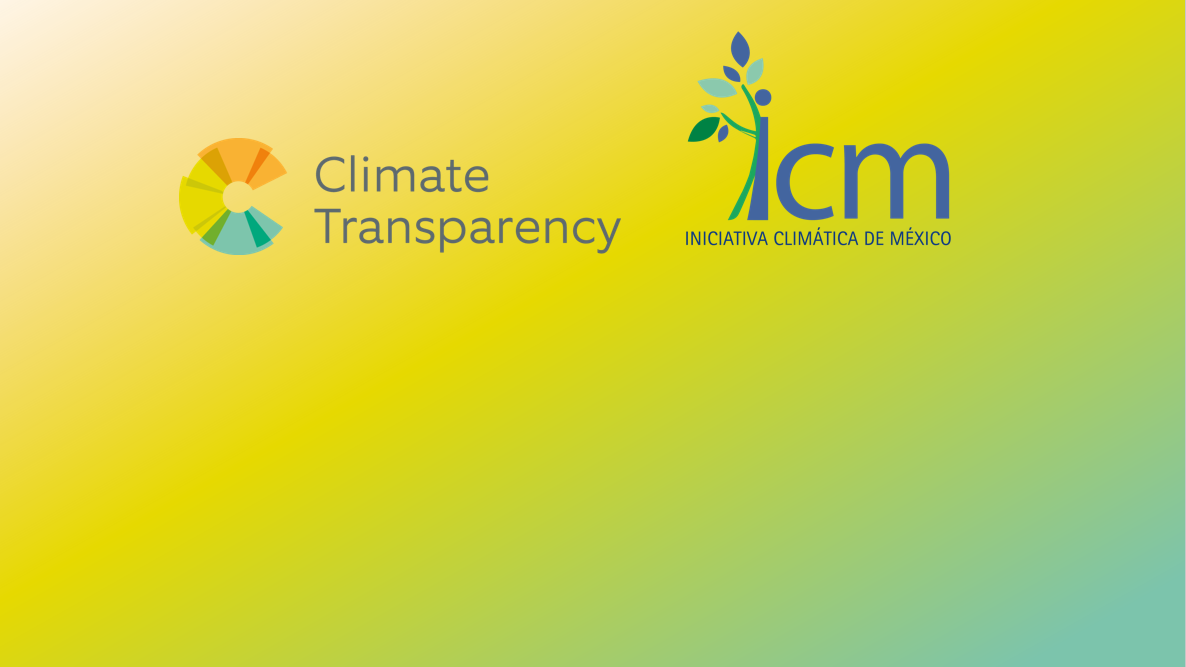The transport sector in Mexico is responsible for more than a quarter of domestic emissions, with the automotive sub-sector accounting for 21.8% of total national greenhouse gas (GHG) emissions. Despite the fact that climate change mitigation requires a deep and accelerated decarbonisation of the transport sector, it has received little political attention, particularly in emerging economies like Mexico.
In the face of energy policy decisions in Mexico that promote dependence on fossil fuels and the use of internal combustion vehicles, the implementation of decarbonisation strategies in the transport sector faces a number of challenges.
These include the weaknesses of the institutional and regulatory framework, which are reflected in the formulation of isolated, uncoordinated public policies among the sector that cause a vicious circle with negative consequences in the social, economic and environmental spheres.
Within the range of alternatives to reduce emissions from the transport sector and to improve air quality in cities, electrification of automotive vehicles has become a necessary and economically viable alternative globally. The electrification of transport generates benefits that transcend the decarbonisation goals and contributes to the reduction of air pollution and leads to substantial economic benefits such as value chain changes. Nonetheless, the decarbonisation of the transport sector, and its significant environmental and economic benefits, require a robust political framework for the promulgation of new technologies like electric vehicles (EV).
To estimate the benefits of implementing an electromobility strategy at the national level, the Climate Transparency’s Partner in Mexico, ICM, analysed how ambitious such a policy would need to be by 2030, to reach an emissions scenario of 1.5° and 2°C, and meet Mexico’s international and national climate commitments. To achieve this goal however, the transport sector requires transformational changes within the next decade.
This policy paper examines the GHG emissions of Mexico’s transport sector and its medium-term trends, providing a critical perspective on the sector’s mitigation policies based on a national and sectoral carbon budget. Moreover, it identifies the most pressing barriers to the implementation of an electromobility strategy in the country and analyses how the electric vehicle fleet composition should look like in order to achieve the sectoral and national carbon budget. Additionally, it identifies the impacts to the greenhouse gas emissions reduction as well as the energy demand derived from an increasing share of EVs, therefore substantially contributing to the growing debate in Mexico on how to enhance mitigation action in the transport and adding to the ongoing debates carried out by different stakeholders.






